inflammable mass:
Definition:
Refractory mass is a group of chemical substances that are created from the accumulation of fine particles and are part of non-metallic materials and maintain their stability under the influence of high temperature. This substance is present in the composition of silicate soils, aluminum masses and spinel soils. Refractory mass is used in various industries that have aggressive environments; Therefore, it can be concluded that this material has various physical, chemical and thermal properties. In the following, we will talk more about refractory mass, its characteristics, types and applications.
The importance of refractory mass in industries
The importance of refractory mass in the industries of making steel, cement, glass, ceramics, gasoline, non-ferrous metals, lime or daily products such as sugar is practically impossible. Therefore, it can be concluded that the refractory industry is a strategic sector because it is necessary for the functioning of many other industries.
In terms of volume, their applications may range from a few kilograms for small furnaces to thousands of tons in large units. Their installation is also a very technical task, especially due to their specific application conditions. Unlike refractory bricks, whose installation skills are relatively simple, the installation of refractory linings for processes that work at more than 1000 °C, due to the high mechanical, thermal and chemical requirements, requires special preparations.
Refractory mass is used in various industries, which include:
- Steel
- Integrated steel
- Glass
- Metals
- Cement
- wastage
- petrochemical
- Chemical
- electric
- iron
- ceramic
- Household appliances and...
Features of refractory mass
In practice, a refractory material can be defined as a material that can be economically profitable for a long time at high temperatures without deterioration of properties, both physical and chemical, as well as the conditions in which it works.
Advantages of using refractory mass
Refractory masses have the following advantages:
- Due to not needing production shaping and baking processes, these refractories are very convenient and their cost is at a low level.
- In these refractories, due to the use of various support systems, it is possible to build larger and stronger layers.
- In furnaces that have a complex geometric structure, the installation of these masses is done faster and easier than firebricks.
Due to the fact that the refractory walls are installed integrally with these masses, they are considered better insulation against the penetration of heat and gas outside and inside the furnace.
- Usually layers made with refractory mass are more resistant than refractory bricks, even if they are made thinner.

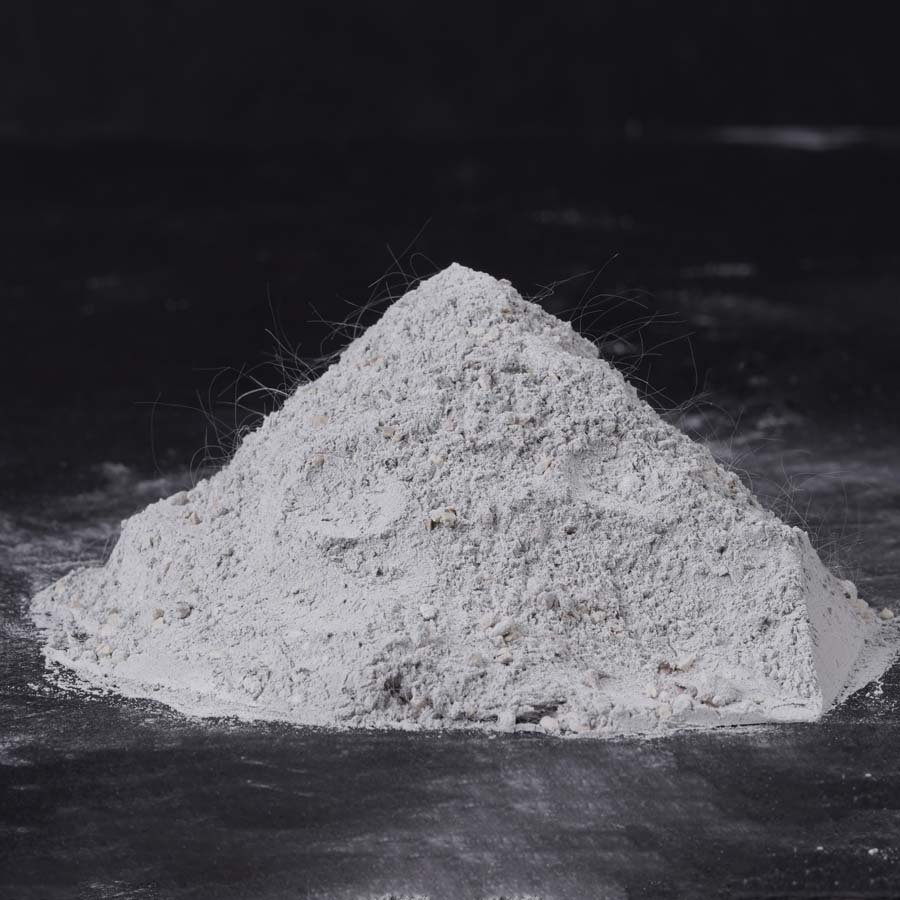




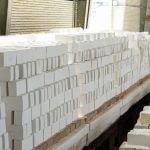
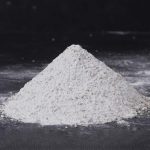
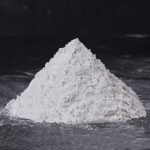

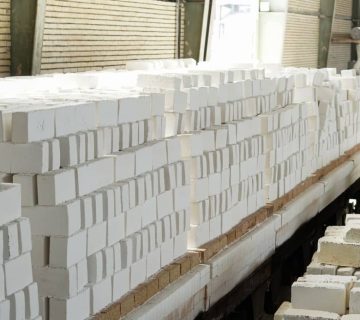
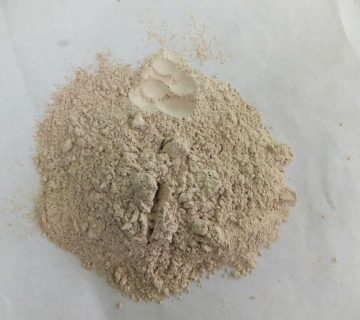
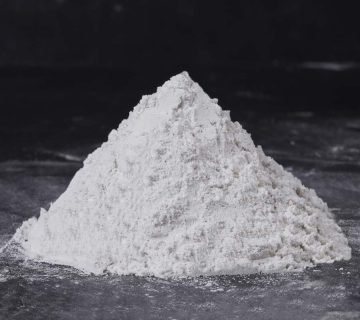
No views